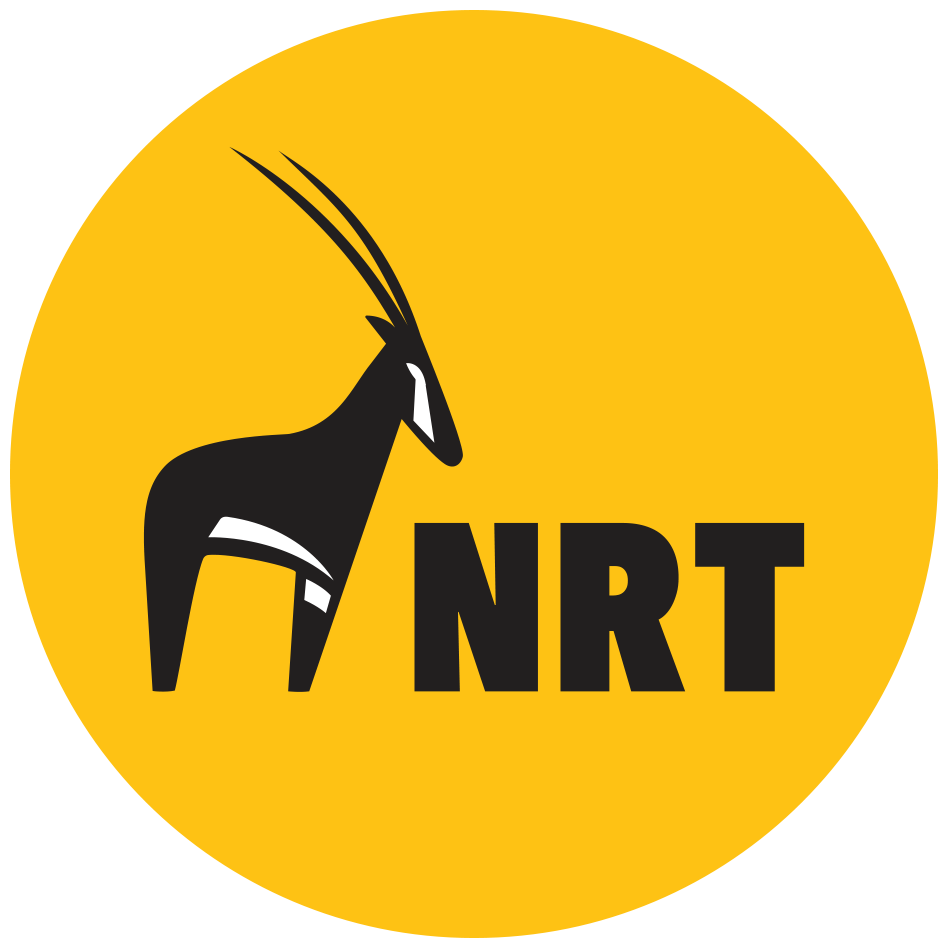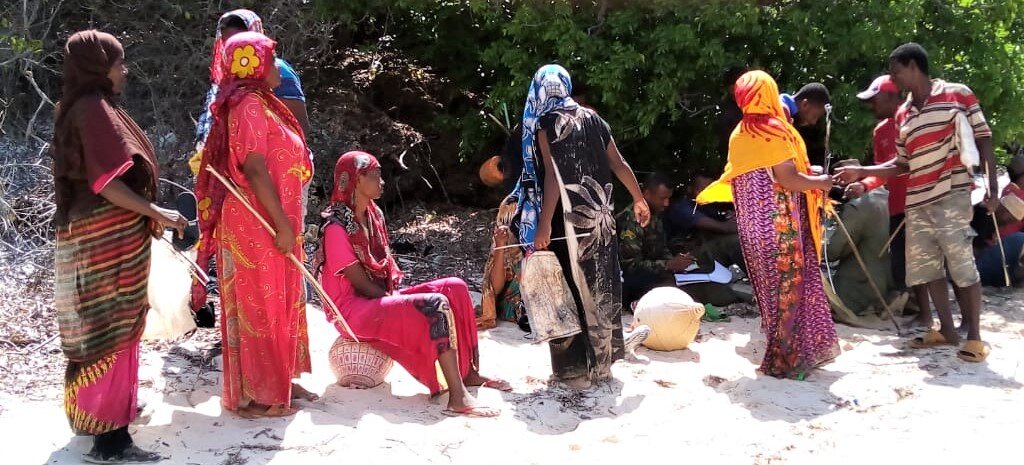Pate & Pweza; Sustainable Fisheries Management On Kenya’s North Coast
Photo: Mike Pflanz
Along Kenya’s north coast, lives are inextricably linked to nature. Fish and fishing provide sustenance, income, and a way of life for communities here, in a region where few other economic opportunities exist. This area also hosts dozens of globally endangered plants and animals, one of the most intact forest ecosystems in East Africa, 60% of Kenya’s mangroves, as well as coastal wetlands, coral reefs and beaches.
But growing human populations, an increasingly unpredictable climate, and unsustainable fishing practices now threaten the delicate balance between ecosystems and communities here. In recent years, fishermen here say they’ve seen a significant decline in the weight of their daily hauls, and the variety of the fish species they catch, including octopus. When school fees, medical bills, and even an evening meal rely on a successful night’s fishing, these declines are taking their toll on coastal livelihoods.
It was cause for huge celebration then, when in early September 2019, fishermen in Pate caught a record 460kgs of octopus on the opening day of their octopus fishing season — two-and-a-half times as much as they caught over five days in the last harvest. Over four days, they harvested a total of 868 kgs.
The celebrations not only acknowledged the bounty (and the increase in market price), but also the result of years of hard work by the fishing communities to move towards sustainable and profitable fisheries.
The Journey To A Bumper Octopus Harvest; From Madagascar To Kenya
Since 2012, community conservancies at the coast have been working with NRT, The Nature Conservancy, government agencies and other partners to try and secure a more sustainable future for people and wildlife. Four out of the seven NRT-Coast member conservancies encompass areas of coastline, and two in particular rely on fishing more than most; Pate (an island) and Kiunga.
Support from partners has helped communities here use science and best-practice to move towards more sustainable and equitable fisheries. Pate Marine Community Conservancy have been at the forefront; establishing Locally Managed Marine Areas (LMMAs) run by fishermen, designing and implementing management and monitoring plans, and establishing fisheries co-management areas. But, being the first coastal conservancy to explore these initiatives, communities here have never seen what the results of their hard work could look like many years down the line.
In April 2018, seven representatives from Pate, TNC Kenya, and NRT joined staff from the Blue Ventures organization and partner communities in southwest Madagascar, for an eight-day exchange aimed at increasing linkages and knowledge on LMMAs and other community-based management practices.
Photo: Mike Pflanz
Almost 15 years ago, in a remote corner of southwest Madagascar, Blue Ventures – an organisation that develops transformative approaches for catalysing and sustaining locally led marine conservation - supported the village of Andavadoaka to temporarily close a small reef to octopus fishing to see if this might boost declining catches. When the closure was lifted, fishers caught far larger octopus – and far more of them. So impressive were the results, that before long nearby villages were establishing closures of their own, and starting to think about more ambitious marine conservation efforts. Within three years, Andavadoaka had joined forces with two-dozen neighbouring villages to create the Velondriake Locally Managed Marine Area, in which communities established permanent reserves off limits to all fishing and banned destructive practices such as poison fishing.
This use of short-term closures as a catalyst for conservation has since grown along many hundreds of kilometres of Madagascar’s coastline, reaching around 133,000 people and inspiring a grassroots marine management movement that has seen more than 70 LMMAs established to date, covering over 17% of the island’s inshore seabed.
Over the eight-day exchange, communities from Pate were able to visit sites in Velondriake Locally Managed Marine Area, seeing the longterm results of well-governed LMMAs. The site visits were a useful source of information exchange where best-practice ideas from Kenya and Madagascar were discussed, including opportunities for collaboration. George Maina, TNC’s Fisheries Strategy Manager for Africa, said the visit to southwest Madagascar enabled Pate Island and Andavadoaka fishers to share their experiences and learn some innovative ways to improve the management of their local fisheries.
“Regardless of our expectations and personal objectives, we all have learnt something new from the trip,” said Bakari Bunu, a fisherman, community elder and board member of Pate Conservancy. “Particularly about temporary octopus fishery closures and wider LMMAs; the local customary traditions and their application in conservation, sea cucumber farms, and women’s participation in conservation and community development. I now appreciate the great importance of having strong local leadership championing local conservation and development efforts within the community”.
Inspired by their visit to Madagascar, the Pate community set about trialing temporary octopus closures - dedicating certain areas as no-fish zones to allow fish populations to recover. Their first trial in April 2019 had limited success, with 186kgs of octopus caught upon reopening. Their second closure, dubbed ‘shamba la pweza’ meaning ‘farm of the octopus’, lasted four months, between May and early September 2019.
“The second opening harvest has not only given us more hope about the result but has greatly inspired the fishers community of Pate, especially the women who were in the forefront of sustainable fisheries management,” says NRT-Coast Regional Director Isa Gedi. “The result has shown once pressure to the natural resources is reduced, the magical nature can bounce back even bigger! The project will now be rolled out to other parts of Pate Conservancy and to parts of Kiunga Community Conservancy further up the coast.”
Pate’s fishermen and women have now developed a benefit-sharing agreement for octopus fishing, which includes contributing Ksh. 30 per kg to women’s associations for livelihoods improvement.




